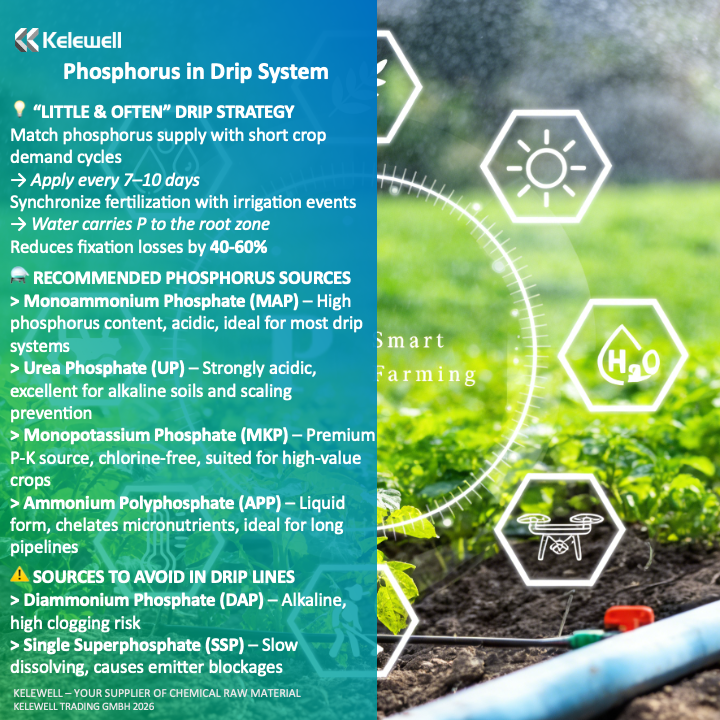Ferrous Sulfate Tetrahydrate: A Good Helper for Water Purification and Industrial Wastewater Treatment.
- Antonia Z

- Apr 26, 2024
- 3 min read
Ferrous Sulfate Tetrahydrate is a chemical compound with the formula FeSO₄·4H₂O. It’s a byproduct in the production of titanium dioxide, differs from monohydrate and heptahydrate ferrous sulfate. It appears as a pale green or pale yellow-green crystalline solid. When added in specific quantities, it can adjust the pH of alkaline water, combines with suspended organic matter in water, and accelerates precipitation. Its primary applications include water purification and industrial wastewater treatment, and it also possesses germicidal properties.
Characteristics of Ferrous Sulfate Tetrahydrate:
Formula: FeSO₄·4H₂O
CAS Number: 20908-72-9
Molecular Weight: 223.97 g/mol
Appearance: It typically appears as a pale green or pale yellow-green crystalline solid.
Solubility: It is soluble in water but practically insoluble in ethanol
Stability: It is relatively stable under normal conditions; its aqueous solution gradually oxidizes when cold and oxidizes more rapidly when hot in the presence of air.
Specific Areas of Application:
1. Soil Conditioner
Iron Supplementation: In agriculture, ferrous sulfate tetrahydrate is used as a soil conditioner mainly to supply iron to plants. This is especially crucial in soils that are deficient in iron, which can lead to chlorosis (yellowing of leaves due to lack of chlorophyll). Adding ferrous sulfate helps to correct this deficiency, promoting healthy plant growth and enhancing the green coloration of plants.
2. Iron-based Pigment
Color Production: Ferrous sulfate tetrahydrate can be used in the production of iron oxides, which are key ingredients in various pigments. When oxidized, it can produce a range of iron oxide pigments, from yellows to reds and browns, commonly used in paints, coatings, and even cosmetics.
3. Acid Production Co-burning
Sulfuric Acid Production: Ferrous sulfate can be decomposed under high temperatures to produce sulfur dioxide, which can then be converted into sulfuric acid. In industrial settings, this process might be integrated into systems where acid production is required, utilizing the sulfur content of ferrous sulfate.
4. Chromium Removal
Reducing Hexavalent Chromium: Ferrous sulfate tetrahydrate is employed in environmental remediation to reduce hexavalent chromium (a toxic and carcinogenic form) to trivalent chromium, which is much less harmful and more stable. This application is crucial in the treatment of polluted waters and soils, particularly in areas affected by industrial discharge.
Ferrous sulfate tetrahydrate is widely used in water purification and industrial wastewater treatment due to its effective coagulation and flocculation properties. Here's a detailed look at its applications in these areas:
5. Water Purification
Coagulation: In the treatment of drinking water, ferrous sulfate tetrahydrate serves as a coagulant. It helps in the agglomeration of suspended particles into larger flocs that are easier to remove by sedimentation and filtration. When ferrous sulfate is added to water, it reacts with the bicarbonates and hydroxides in the water to form a precipitate of iron hydroxides, which entraps suspended particles and some dissolved contaminants.
Phosphorus Removal: This compound is also effective in removing phosphorus from water, a key factor in preventing eutrophication in water bodies. Ferrous sulfate reacts with soluble phosphates to form insoluble iron phosphate, which can then be removed through sedimentation.
Color Removal: It is used to reduce color in water caused by dissolved organic compounds. By forming flocs, ferrous sulfate helps in the removal of these color-causing substances during the sedimentation and filtration processes.
6. Industrial Wastewater Treatment
Heavy Metals Removal: Ferrous sulfate tetrahydrate is instrumental in the precipitation of heavy metals from industrial wastewater. Metals such as arsenic, chromium, and cadmium can be precipitated as their respective hydroxides by reaction with ferrous sulfate.
Treatment of Acidic Wastes: It can neutralize acidic waste streams, such as those from mining operations or chemical manufacturing, by reacting with the acid to produce iron sulfate salts and water, thereby reducing the corrosivity and potential environmental impact of such wastes.
Cyanide Destruction: In the treatment of cyanide-containing wastes, particularly from the metal plating and mining industries, ferrous sulfate can be used to convert toxic cyanide into less harmful cyanate through a process called cyanide oxidation.
Sludge Conditioning: During sludge processing, ferrous sulfate can be used to condition the sludge before dewatering. It helps in improving the settling characteristics and dewaterability of sludge, making it easier to handle and dispose of.
Sulfide Control: In sewage treatment, it is used to precipitate sulfides, which are typically responsible for odors. Ferrous sulfate converts hydrogen sulfide gas into insoluble iron sulfide, thus reducing odor and potential toxicity.




Comments